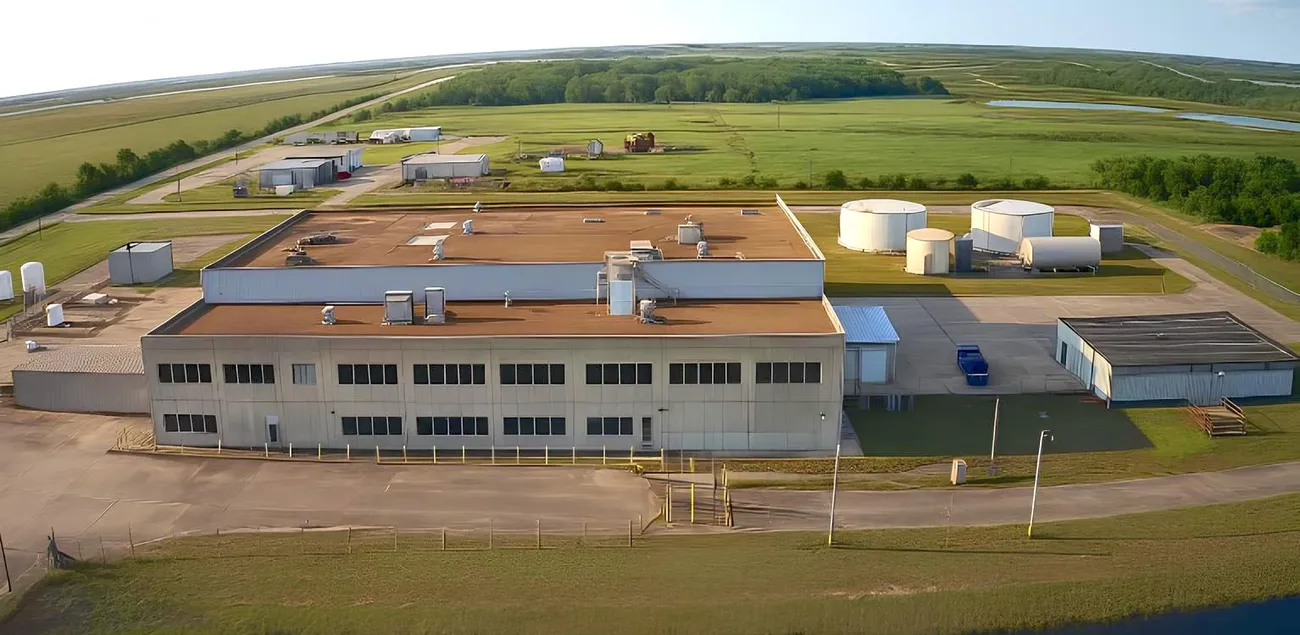
Metallium, an e-waste metals recovery developer, and Flash Metals USA, its U.S. subsidiary, have advanced development of a Technology Campus in Chambers County, Texas that will host their first commercial Flash Joule Heating (FJH) plant, targeting commissioning in December 2025. The company reported proven performance on U.S.-sourced e-waste feedstocks—gold at 100% recovery from material grading 551 g/t Au (over 100x higher than typical primary ores), silver at 97% recovery from 2,804 g/t Ag, and antimony at 98% recovery from feedstock grading 3.13% Sb—while securing 60 tonnes of printed circuit board scrap for commissioning.
From lab to plant: Flash Joule Heating comes to Texas
FJH was originally developed to convert carbon sources into graphene and was adapted at Rice University in 2021 for noble and precious metal recovery from e-scrap. The method uses brief, high-voltage pulses to rapidly heat feedstocks, unlocking metals for downstream extraction. Metallium aims to commercialize the approach across multiple critical mineral streams beyond precious metals, including antimony, rare earth element (REE) magnets, heavy-REE-enriched e-scrap and selected mining concentrates. The Texas campus is designed around a modular system architecture that the company says can be replicated near major e-waste collection hubs.
“We are progressing on all fronts to deliver our first U.S. facility as planned. With critical equipment ordered, site works advancing, and commissioning feedstock secured, the project is materially de-risked,” CEO Michael Walshe said. “Our ambition is to leverage the FJH modular system design so that we can rapidly expand this model across the United States, targeting pre-permitted sites strategically located near major e-waste collection centres… positioning Metallium as a leader in U.S.-based metals recovery and refining.”
Permitting, power and engineering workstreams
Since securing the Chambers County site, Metallium has pushed ahead with redevelopment to enable a December 2025 start-up timeline. Alongside equipment procurement, the company is advancing air quality, water quality and waste management permits. VaporPoint has been engaged to implement monitoring and compliance systems, while balance-of-plant engineering, structural analysis and integration design are being finalized.
Hunt, Guillot & Associates has been appointed for plant integration, implementation engineering and structural assessments. Metallium is also working with local utility Entergy Texas to finalize long-term power supply arrangements and capacity, a key dependency for scaling modular FJH units.
Feedstock strategy and scale-up
A key milestone is the purchase order for 60 tonnes of PCB e-scrap to support commissioning. Concentrating initial operations on high-value circuit boards provides predictable feed chemistry and economics, while the company develops additional supply lines in antimony-bearing streams, REE magnets and selected concentrates. Locating future modules at or near collection centers could reduce logistics costs and permit project-by-project right-sizing, an approach Metallium plans to replicate if the Texas plant performs as intended.
Industry context and applications
E-waste remains one of the richest secondary sources of precious metals, with gold grades far exceeding typical primary ore bodies. Yet recovery hinges on cost, environmental performance and throughput. Metallium’s published results—100% Au recovery from 551 g/t Au material, 97% Ag from 2,804 g/t Ag and 98% Sb from 3.13% Sb—are pitched to demonstrate competitive metallurgical performance and selectivity on U.S.-sourced feedstocks. If sustained at scale, such recoveries could bolster domestic availability of critical and precious metals and provide an additional pathway alongside conventional smelting, hydrometallurgy and pyrometallurgy.
Company background and market context
Flash Metals USA is the U.S. commercialization vehicle for Metallium’s FJH-based recycling strategy. The Chambers County Technology Campus is its first commercial-scale U.S. plant, with a phased build geared to modular expansion. The firm’s contracting roster—Hunt, Guillot & Associates for engineering, VaporPoint for environmental monitoring systems, and Entergy Texas for power—reflects an emphasis on integration, compliance and utility-readiness ahead of commissioning. The stated agenda is to replicate modules at pre-permitted locations, focusing on feedstock proximity and faster deployment cycles.



